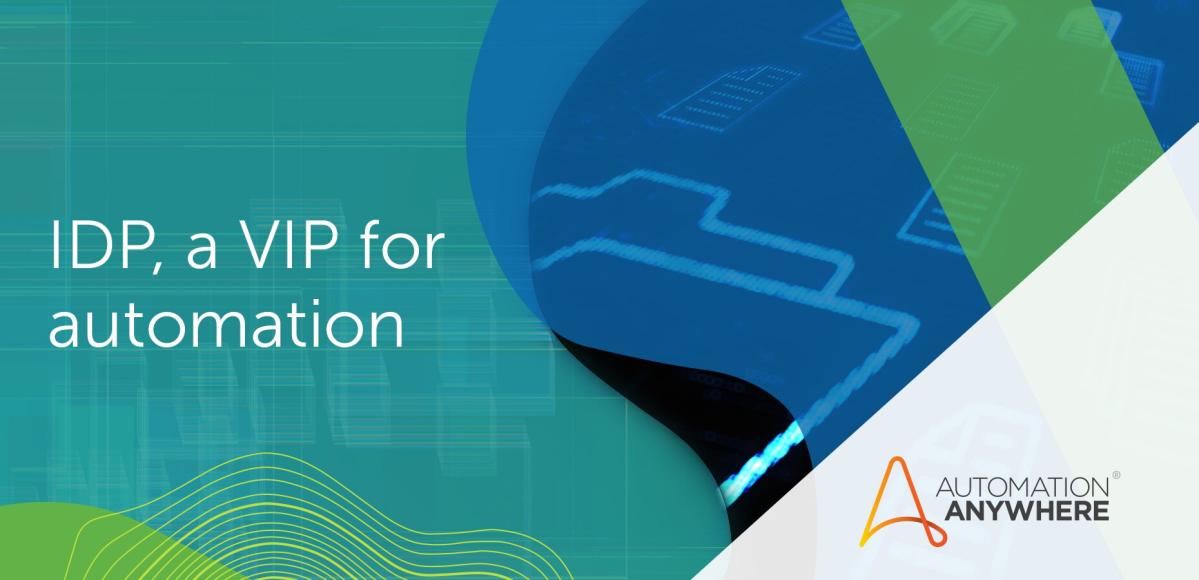- Login
- Search
- Contact Us
-
Have a question? Our team is here to help guide you on your automation journey.
-
Explore support plans designed to match your business requirements.
-
How can we help you?
-
- AI
AI Without the Hype From pilot to full deployment, our experts partner with you to ensure real, repeatable results. Get Started
- Automation Anywhere AI
-
- Solutions
Featured Agentic Solutions
Accounts Payable Invoice automation—No setup. No code. Just results. Accounts Payable
Customer Onboarding Scale KYC/AML workflows. Customer Onboarding
Customer Support Keep queues moving, even at peak load. Customer Support
Healthcare RCM Revenue cycle management that runs itself. Healthcare RCM
- Products
Platform Features
- Agentic process automation (APA)
- Robotic Process Automation (RPA)
- View all Products
-
- Resources
Get Community Edition: Start automating instantly with FREE access to full-featured automation with Cloud Community Edition.
Featured
 Named a 2025 Gartner® Magic Quadrant™ Leader for RPA.Recognized as a Leader for the Seventh Year in a Row Download report Download report
Named a 2025 Gartner® Magic Quadrant™ Leader for RPA.Recognized as a Leader for the Seventh Year in a Row Download report Download report- Become an Expert
- Developer Tools
- Get Support
- View all resources
-
- Partners
Find an Automation Anywhere Partner Explore our global network of trusted partners to support your Automation journey Find a Partner Find a Partner
- Find a Partner
- For Partners
-
Blog
The Advantages of Having a Fully Integrated IDP Platform
Share this:
Document processing is a familiar term for many organizations and is something that businesses have been performing for many years. It about taking data from documents and organizing and analyzing the data to gain insights that can be acted upon.
Document processing is common across industries such as:
- Financial services (including loan and claims processing and bank account openings)
- Healthcare (including medical forms, billing, and patient records)
- Business functions—F&A (invoices and purchase orders), HR (employee forms and onboarding documents), IT (employee records and service requests), and others.
Traditionally, the processing has involved manual, repetitive, and labor- and time-intensive tasks that have been prone to human errors. Automating those tasks offers the potential to improve turnaround times and eliminate errors.
You can choose from a variety of automation tools and systems available on the market. But they’re not all created equal. What should you look for? Include on the checklist:
- A fast start: How much time and effort will your prospective solution require to get you started with your first document?
- Ease of use: How easy is it to operate and maintain day to day?
- Intelligence: How resilient is it to document format changes? Can it extract data based on content using machine learning models?
- Straight-through processing improvements: Does your prospective solution provide better ROI over time as it learns from your corrections?
- Automation end to end: Is it just a document processing solution or can it help you automate data entry downstream and drive insights from the data?
Most document processing solutions today fall short of the potential. Available through traditional capture vendors and RPA practitioners, they’re not fully integrated. They’re difficult to set up, use, and maintain. They require significant re-work if there are variations in the document format. They don’t provide a better ROI over time. And they don’t offer end-to-end automation.
So, yes, you want a solution with all the items on the checklist. And that’s where a fully integrated, or native, intelligent document processing (IDP) platform comes in.
Complete processing
A native IDP solution that combines Robotic Process Automation (RPA) and artificial intelligence (AI) technologies on a single cloud platform enables businesses to create a comprehensive intelligent automation strategy. It can automatically extract data from documents and analyze the data, streamlining and accelerating processing, eliminating human errors, and providing intelligence for decision-making. Any task or workflow that touches data can be automated. It can handle processing end to end—saving time and effort.
Easy to use, scalable
Companies recognize the need to accelerate the pace of automation. But achieving this scale and results in a short period of time can be challenging. Putting the tools of transformation into the hands of non-technical business users can help companies achieve their goals—with more people to help scale. With such a strategy, business users could set up and build their own function-specific automations—without bottlenecking IT.
A native IDP cloud platform can offer at least two ways to make that happen. “81% of companies say that the cloud has greatly enhanced or moderately enhanced their efforts around automation,” according to the CompTIA’s 2018 Trends in Cloud Computing report. IDP, fueled by cloud adoptions and self-service models, can provide business users anywhere, anytime access to what they need to build their automations.
In addition, some native IDP platform solutions go a step further, offering business users a library of common document use cases that are pre-trained and available out of the box. The library can help users get started with IDP quickly and easily, with minimal setup.
Customizable IDP workflows
Another reason to go with a native IDP platform is unstructured data. As mentioned earlier, some document processing solutions, even automated ones, need to be configured to a document format, and any small changes in format make the process unusable—the data is not recognized.
IDP platform solutions are available that extract and analyze structured and unstructured data. They can enable users to build custom workflows, bringing the resiliency needed to scale document-based processes in multiple formats.

A platform approach enables users to employ the building blocks and move them around to suit the document. With all these actions such as pre-processing, classification, data extraction, validation, and RPA available as drag and drop commands, users can build workflows that provide the best-in-class accuracy and increase straight-through processing without the need for human intervention.
Rich insights
Business intelligence is also a good reason to choose a native IDP platform. The solution can provide a complete view of all the bots operating in an environment, offering real-time operational data such as the number of document processes at work and accuracy rates as well as information specific to business outcomes. At a glance, users can get insights about processes end to end—with just a single pane of glass.
The time is right for IDP
Organizations are overwhelmed by documents today. So, the potential impact of intelligent document processing in enterprise operations is immense.
Adoption of a native IDP platform can help businesses streamline their operations, achieve cost savings, improve workforce productivity, and scale their automation. It’s definitely a VIP, a very important platform, for transformation and business success.
See What a Native IDP Platform Can Do for You.
About Brinda Sreedhar
Get to know the Agentic Process Automation System.

For Students & Developers
Start automating instantly with FREE access to full-featured automation with Cloud Community Edition.



